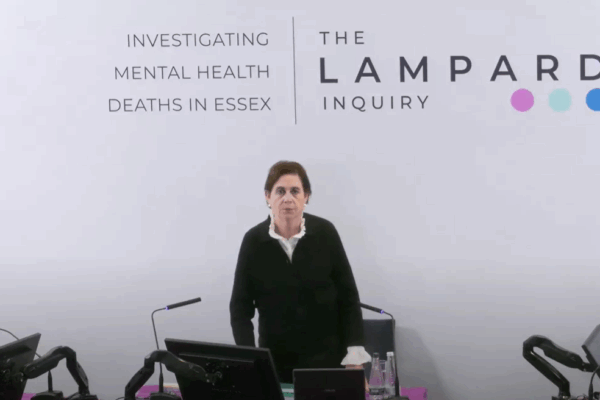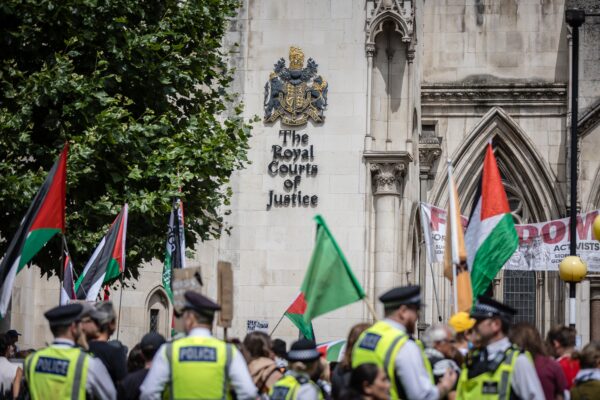Police officer on jury made trial unfair
20 December 2011
The European Court of Human Rights today handed down its judgment in the case of Ilyas Hanif and Bakish Khan v United Kingdom (appn nos. 52999/08 and 61779/08). In a unanimous decision the Chamber held that the applicants’ right to a fair trial under Article 6 of the European Convention had been violated by the presence on the jury at their trial in 2007 of a serving police officer.
The applicants were tried for conspiracy to supply heroin.The evidence of police officers was in dispute and in particular Mr Hanif had alleged that there was a third man in his car whilst it was under observation by the police and that it had been this man who had left the drugs in his car. Just after the evidence began a juror informed the judge that he was a serving police officer and knew one of the police witnesses and had had some professional dealings with him in another case. The trial judge had refused a defence application to discharge the police officer from the jury.The Court of Appeal dismissed the appeal in March 2008 - R.v. Khan (Bakish); R.v. Hanif [2008] 2 Cr. App. R 161 and the court declined to certify a point of law for the House of Lords.
In its decision the European Court emphasised the need to ensure that juries are free from basis and the appearance of bias. The Court noted that the Criminal Justice Act 2003 had only recently changed the law in the United Kingdom to allow police officers to serve on juries and also noted that many other jurisdictions that had jury trial did not alow police officers to serve on juries.
The Court considered that where there was an important conflict regarding police evidence, and a police officer who was personally acquainted with another police officer who was giving evidence was a member of the jury, that juror might favour the evidence of the police. Accordingly Mr Hanif had not been tried by an impartial jury in violation of Article 6.
The court does not say that police officers can never serve on a jury but it is worth recalling the submission made in R.v. Abdroikof [2007] UKHL 37; [2008] 1 Cr. App. R. 280 that “these cases do not involve the ordinary prejudices and predilections to which we are all prone but the possibility of bias (possibly unconscious) which inevitably flows from the presence on a jury of persons professionally committed to one side only of an adversarial trial process”. This decision is likely to be of assistance to those arguing against the presence on a jury of serving police officers or others involved in the criminal justice system.
Mr Hanif was represented by Garden Court North Chambers’ Mark George QC, who was instructed by Chris Davey from Howells, LLP in Sheffield.





